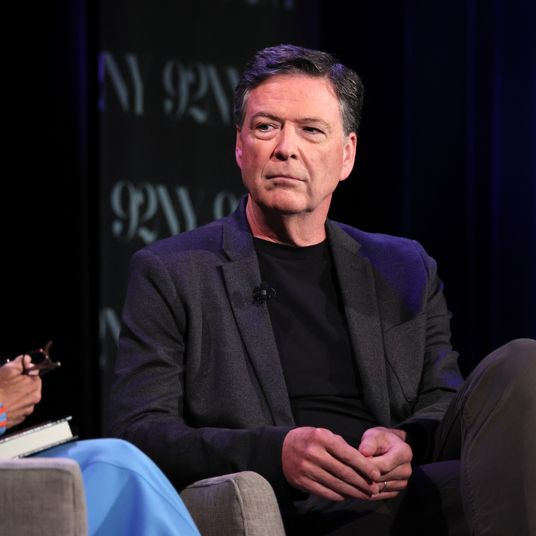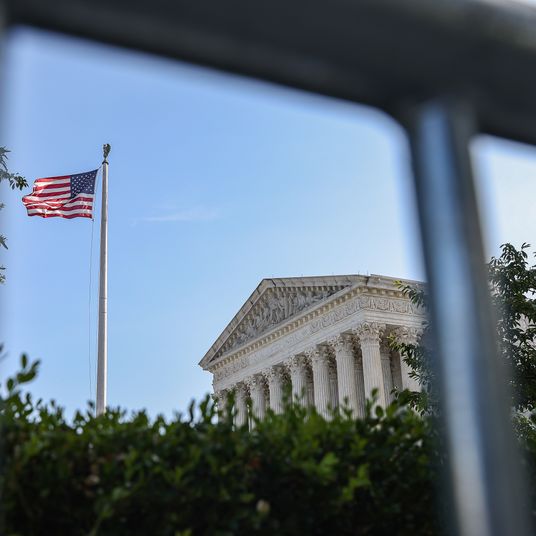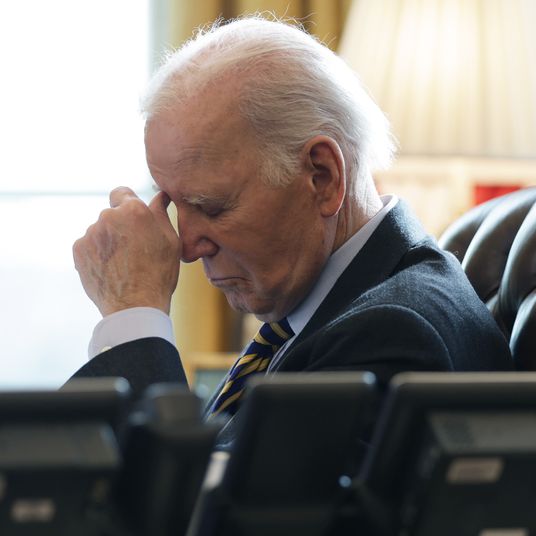
Joe Biden’s campaign would like you to know that Elizabeth Warren has been to a “swanky” fundraiser or two in her day.
In an op-ed for the Washington Post, Ed Rendell, former Pennsylvania governor and current Biden supporter, declares the senator’s avowed opposition to “big money fundraisers” hypocritical: Although Warren has refrained from shaking down the Martha’s Vineyard set during her presidential run, she welcomed their sponsorship during her Senate reelection fight in 2018. Not only that, she’s still actively benefiting from those bleeding-heart billionaires’ largesse, having transferred $10.4 million in leftover funds from her reelection bid to the coffers of her 2020 campaign.
Rendell’s argument is both ostensibly accurate and largely pointless. Warren is still devoting a far higher share of her campaign to courting ordinary voters than Biden is, due to the latter’s greater dependence on the kindness of bundlers. And if Warren wins the nomination, she will still owe far less to her party’s well-heeled wing than a victorious Biden would. Her attacks on the Democratic front-runner for holding the kinds of fundraising events that she once frequented may be a tad hypocritical. But Uncle Joe is not exactly a principled opponent of hyperbole and detail-fudging in campaign oratory. And Warren’s willingness to redistribute a little wealth from plutocrats to her campaign staff ultimately tells us very little about who she is as a candidate, or would be as a president.
Big money is corrosive force in our politics. But it is not the case that every wealthy Democratic donor is trying to push the party right, or that every politician who takes cash from the rich becomes beholden to their whims. The left needs its class traitors. Bernie Sanders has benefited from the patronage of high-dollar Democratic donors at various points in his career. A $100,000 gift from a Silicon Valley millionaire helped get the socialist magazine Jacobin off the ground. Das Kapital was, in a sense, corporate sponsored.
Thus, the millions that Warren’s campaigns have accepted from the rich is much less telling than the billions her policies have taken from them: Warren’s indefatigable efforts brought the Consumer Financial Protection Bureau into being — and the CFPB has transferred more than $12 billion from predatory financial companies to exploited consumers. Biden, meanwhile, championed legislation that transferred wealth from indebted consumers to credit-card companies.
That distinction counts for more than the two candidates’ mutual history of attending galas. Or so reactionary business-channel talking heads seem to believe. Earlier this week, a panel of Wall Streeters convened by CNBC’s Jim Cramer provided the Massachusetts senator with an accidental endorsement.
And on Wednesday night, Fox Business Channel’s Stuart Varney provided Warren with an even more flattering denunciation. Varney warned his viewers that Warren’s wealth tax “would have cut the net worth of the 15 richest Americans in half!” As if that weren’t horrifying enough to the typical member of America’s declining middle class, Varney continued, “Warren would force all big companies to take a lot of their profit away from shareholders. And it would be given to the workforce, the community, customers, the local and global environment, and community and societal factors (whatever that is).”
It is worth noting that the richest 10 percent of Americans own more than 80 percent of the total value of U.S. stocks. Thus, when Varney says that Warren would shift profits from shareholders to workers and customers, he is promising that she would take from the few to give to the many. Which does not seem like an optimal attack line in a polity where property ownership is not a prerequisite for suffrage, or at least, not in one where the one percent has been commandeering the gains of growth for nearly a half century.
I suppose one could read Cramer and Varney’s flattering attacks on the Warren candidacy as covert endorsements. Perhaps they believe that Warren’s history of attending ritzy fundraisers tells us more about how she’d regulate the financial industry than her history of confiscating large sums of wealth from predatory financiers. But I wouldn’t put “mad” money on it.

























